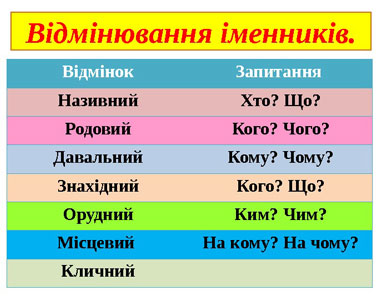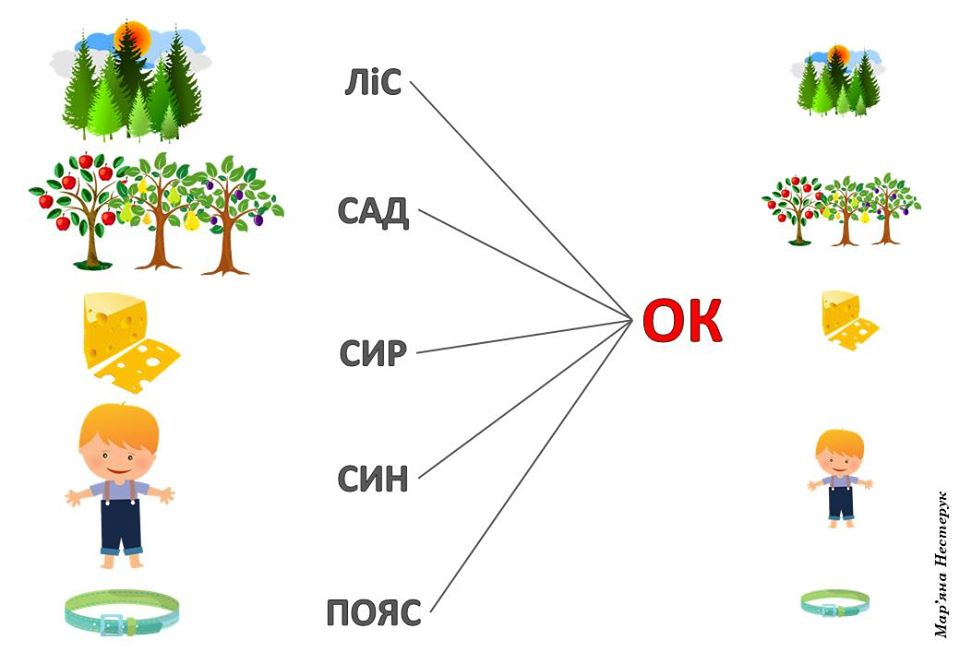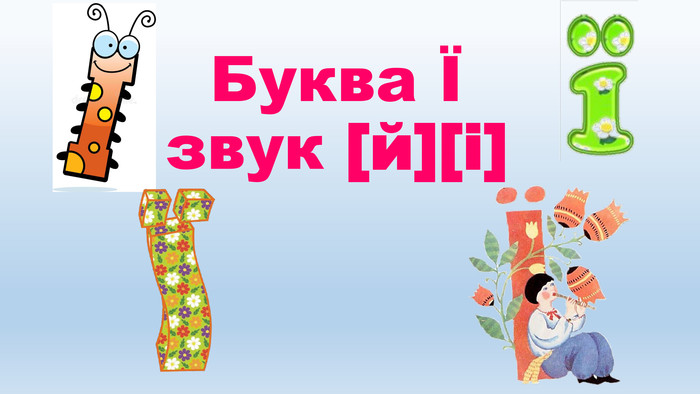Interesting facts about the Ukrainian language
- Ольга Пернарівська
- Aug 24, 2023
- 3 min read
In the world of languages spoken in different parts of the world, the Ukrainian language occupies an important place - it is the key to the centuries-old history, national heritage and culture of the people. More and more people are now interested in this beautiful language. Someone reads articles, visits Ukraine, and someone has started to study Ukrainian in general. Interest in the Ukrainian language opens the door to a wide range of opportunities: from in-depth study of literary classics to improving communication skills in the modern world. It gives an opportunity to expand the boundaries of knowledge, to understand the complexity and beauty of language nuances. So, in this article, I suggest you to know the facts about this beautiful language.
1. Ancient roots
The Ukrainian language belongs to the East Slavic language group, related to the Russian, Polish and Belarusian languages. It developed from the Old Slavic language, which was used in the Middle Ages. The ancient roots of the Ukrainian language belong to the distant past, when the first forms of speech and cultural communication developed on the territory of modern Ukraine. These roots reflect deep historical, socio-cultural and linguistic connections that influenced the formation and development of the Ukrainian language.

2. Seven cases The Ukrainian language is one of the few that has cases. Accents are grammatical categories that indicate the relationship between subordinate words and their function in a sentence. Ukrainian is one of the few languages that has cases. There are seven of them: nominative, genitive, dative, accusative, instrumental, local and vocative.

3. A large number of synonyms The Ukrainian language is characterized by a significant number of synonyms, which makes its vocabulary very rich and diverse. Synonyms are words or expressions that have a similar or identical meaning but are used in different contexts or have shades of meaning. This variety of synonyms enriches the language and gives expressiveness and precision to writing and speech. Here are some examples of this diversity of synonyms of the Ukrainian language: Beautiful: beautiful, charming, attractive, handsome, beautiful. Friendly: sociable, fraternal, harmonious, cordial. Heavy: difficult, massive, elusive, burdensome.

4. Diminutive and caressing words Diminutive and caressing words are an important component of the Ukrainian language, they are used to give the appearance of smallness, tenderness, increase expressiveness or caressingness of the object that the main word denotes. These words add emotional and stylistic saturation to the text, make speech more expressive and lively.

5. Unique sounds The Ukrainian language has some sounds that are absent in other languages. Example, [ї]: the sound "ї" (йі), which appears in words such as "їсти" (to eat), is unique to Ukrainian. [й]: The sound "й" (yot) is also important for the Ukrainian language. It can appear as a consonant at the beginning of a word (for example, "йти"), as well as a vowel (for example, "сіль"). [г] and [ґ]: Ukrainian has two consonant sounds that are used very rarely in other Slavic languages. The sound "[r]" (heh) and "[g]" (heh) can cause some difficulties for people learning the language.

So, interesting facts about the Ukrainian language tell us about dynamic development, importance for the formation of national identity and great contribution to world culture. Understanding and respect for linguistic heritage contributes to the preservation and development of the Ukrainian language for future generations. Be interested in Ukrainian, study it, because it is so beautiful!

Дуже цікаво!